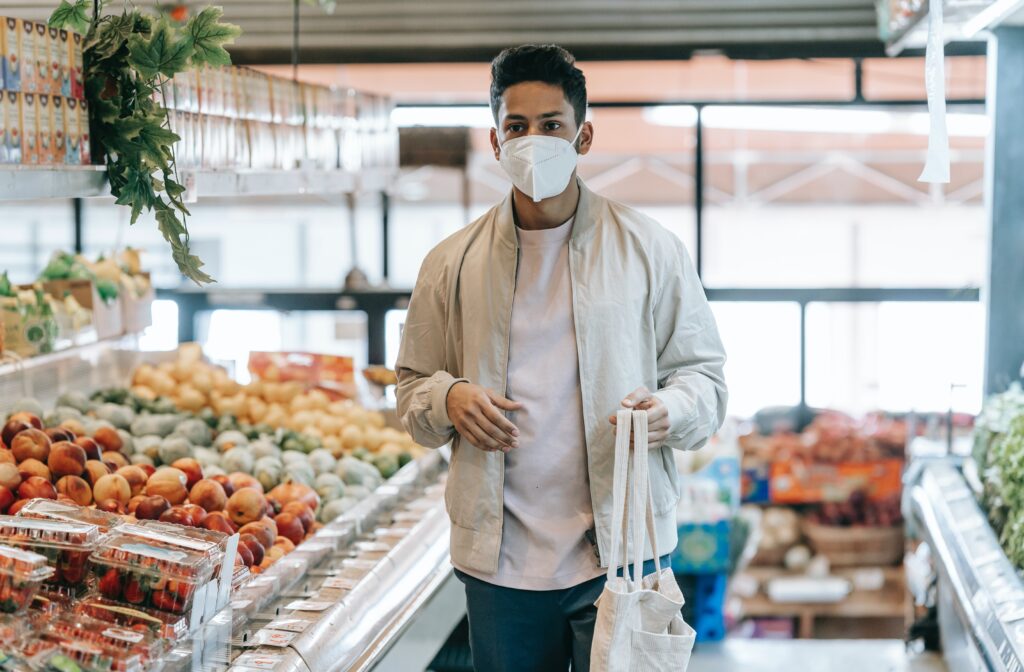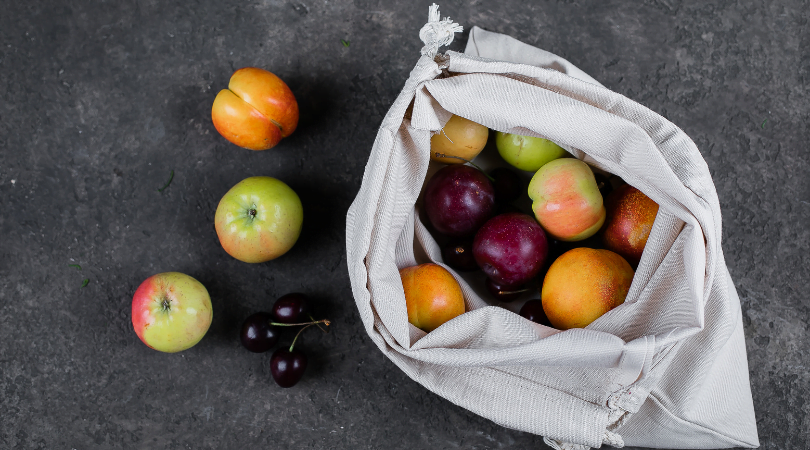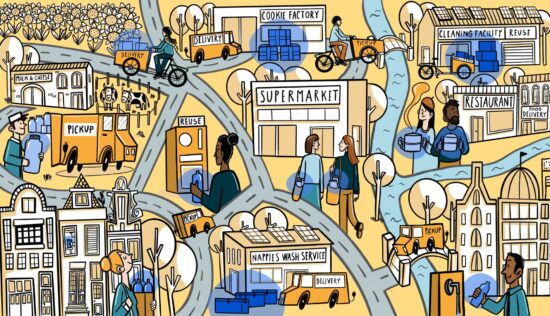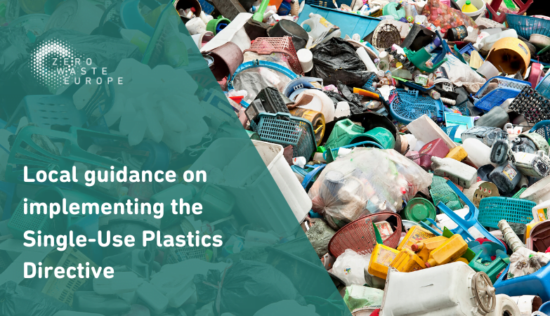Single-use plastics are a clear example of our society’s culture around thoughtless consumption and disposal. The prioritization of convenience over durability without a care on the impacts on human health and our environment has increased waste and pollution at an exponential rate. According to UN Environment, over 300 million tonnes of plastic is generated globally, half of which are for single-use items and less than 10% of that figure has been recycled.
Plastics have perpetually put a strain on local infrastructures, natural environments, human health, and have disproportionately affected communities around the world; forcing a new movement of cities to take matters into their own hands in banning problematic plastic products.
How are cities targeting single-use plastics?
As the zero waste movement grows and the world increasingly becomes aware of the detrimental effects of single-use plastics, cities have begun reducing the availability of such material to consumers. In the United States, cities such as Malibu, San Francisco, Berkeley, and Miami have all implemented a single-use plastic ban for clamshells, plastic drink accessories, and single-use plastic bags.
In 2007, San Francisco was the first adopter of a single-use plastic bag ban. The city’s original version of the Checkout Bag Charge Ordinance placed a ban on all non-compostable plastic checkout bags in supermarkets and pharmacies. In 2012 and then again in 2013, the policy later expanded to retail stores and restaurants, requiring a $0.10 minimum charge set and kept by the stores on compliant check-out bags. Bags allowed under the ordinance included:
- Certified compostable plastic bags
- Paper bags with 40% post-consumer recycled content
- Reusable bags that are designed for washing and can be reused at minimum of 125 times or more.
The policy originally did not include bags used for bulk items, produce, nuts, grains, meat, fish, or bags used to separate items.
However, taking effect on 1st July 2020, San Francisco’s Department of the Environment expanded the Checkout Bag Ban to the Checkout Bag Charge, Recyclable, or Compostable Pre-Checkout Bag Ordinance. Under the new guidelines, there was an increase of the checkout rate to $0.25 per checkout bag, and only permitted stores to provide recyclable paper or certified compostable pre-checkout bags, banning all plastic pre-checkout bags.
The new ordinance permitted stores in the city to remove all signs prohibiting reusable bags, increased the checkout rate to $0.25 per checkout bag, and only allowed stores to provide recyclable paper or certified compostable pre-checkout bags – effectively banning all plastic pre-checkout bags. Detailed in the legislation, pre-checkout bags are bags supplied to customers before the transaction is made for their unwrapped food item, such as for produce, nuts, grains, meat, fish, “doggy bags” for leftover food, etc.

Compostable pre-checkout bags that meet requirements include:
- BPI-certified bags
- Bags visibly and clearly labeled as “compostable”
- Bags that are green in color and,
- Bags that have a minimum of a 15-inch opening, to fit and be used in majority of kitchen compost pails
Recyclable paper pre-checkout bags that meet requirements include:
- 100% recyclable paper with a minimum of 40% post-consumer recycled content
- Be clearly labeled as “recyclable” and,
- Must have the manufacturer’s information displayed
The checkout bag charge is to be itemized on a customer’s receipt. For every business that does not consistently comply, following warning, a potential fine can be placed on them ranging from $100-$500.
What impacts can these types of ordinances have?
In San Francisco, charging customers a fee on their checkout bags has proven to reduce the number of disposable bags used by 70-90%, while simultaneously reducing litter and pollution in the streets, waterways, the bay, and the surrounding ocean. Stores can save money on their checkout bag purchasing budget and generate funds through the bag charge to help offset costs for maintaining compliance. The ban also provides San Francisco taxpayers’ lowered fees in refuse service by reducing contamination in the recycling, composting, and landfill bins.
As shown in San Francisco, single-use plastic bag bans can assist cities around the world in eliminating millions of tons of plastic from being placed in municipal waste streams, while also reducing the demand for plastic production. This in turn assists cities in lowering waste management costs and significantly reduces greenhouse gas emissions globally.
Furthermore, placing bans on products can have a positive cultural effect within local populations and on corporations to rethink and redesign how products are created, bought, used, and eventually disposed of. Lastly, through the implementation of zero waste policies and programs, cities can assist in steering residents, businesses, and visitors from an unsustainable throwaway model to a circular culture that promotes reuse, reduced consumption, waste, and a cleaner, healthier environment.
Daniella Menendez, a volunteer for Zero Waste Europe and former employee at the San Francisco Department of the Environment





